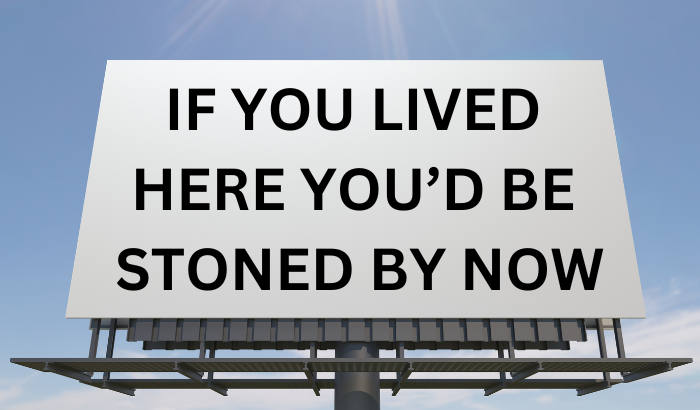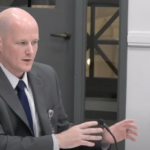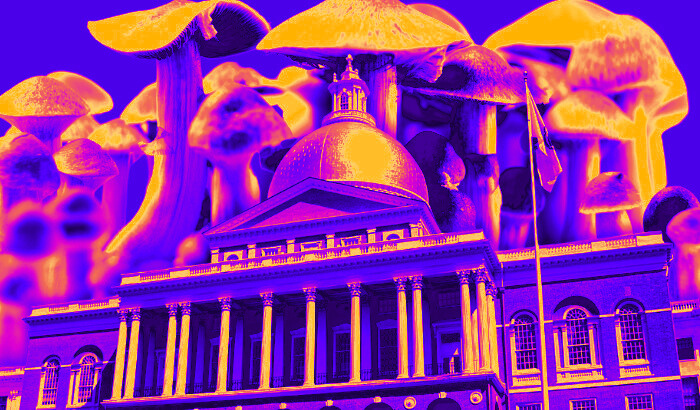
But there’s pushback: “The regulations make it nearly impossible to open and stay in business.”
“The proliferation of these billboards in Worcester, Amherst, Holyoke, Northampton, and Chicopee is negligent.”
Ornella Quinn of the Massachusetts Addiction Prevention Alliance was as clear as a sign over I-90 in her testimony.
“Imagine that the word ‘cannabis’ was replaced with ‘alcohol’ in these advertisements. It’s time we rein in these harms and regulate cannabis advertising in much the same way we regulate tobacco advertising.”
This week’s Beacon Hill hearing of the Joint Committee on Cannabis Policy was slated for members of the public to testify on more than a dozen cannabis-related bills. Most testimonies, however, addressed bills related to cannabis advertising near schools and on billboards.
Representatives from various organizations decried billboards advertising cannabis, putting forward their arguments about how exposure to such ads increases the likelihood that a minor would attempt to try pot.
An organizer from the Communities That Care Coalition observed: “We’re seeing cannabis billboards all over our towns, including next to schools and next to parks.”
The current law governing cannabis advertisements requires that more than 85% of people exposed to such a public placard are 21-plus. The problem with that threshold, though, is that there is no reliable metric for calculating a billboard’s expected audience.
Quinn of the Massachusetts Addiction Prevention Alliance argued that an outright ban is needed since the existing law is otherwise unenforceable.
“We have compiled an ever-growing list of marijuana billboard advertisements that violate the current law,” she said. “There was never any action taken, no answers given, and the billboards remain in clear violation of this law. I have simply lost confidence that the CCC can and will effectively regulate advertising.”
Meanwhile, compared to other industries, cannabis companies have far fewer options when it comes to marketing. Because of the federal prohibition of cannabis, most major social media platforms ban weed advertising. Aside from ads on sites with honor system age gates and some other outliers, roadside ads are among the only options companies have for promoting their products.
“As an operator, the current challenges we have in advertising are detrimental,” said Duane Harden, CFO of BlazeXpress Weed Delivery. “The regulations make it nearly impossible to open and stay in business.”
Cannabis delivery companies are allowed to purchase products wholesale, similar to a dispensary. But the lack of storefront display opportunities along with costly requirements that companies need two paid drivers on every delivery makes it hard to profit—especially when there are regulations limiting how companies can promote.
Part of the current restrictions, for example, require that all delivery ops use vehicles with no logos. Which means that if you want legal weed at your door, it’s coming from an unmarked car or van.
“Customers think we are a scam, as there have been scammers in the black market,” Harden said. “We are forbidden from advertising on all social media platforms. Billboards are the only way at the moment that we can get the word out. We hope that the commonwealth makes it easier as opposed to making it more difficult with this legislation.”
There are four other bills in front of the joint committee pertaining to advertising which got less attention from the public. They include legislation that would establish a fine structure for advertising violations, a ban on billboards for out-of-state cannabis operators that are unaffiliated with any in-state cannabis licensees, and a bill that would specifically designate the CCC to review all relevant billboards. A fourth would increase the 21-and-over audience threshold on outdoor advertising from 85% to 90%.
























